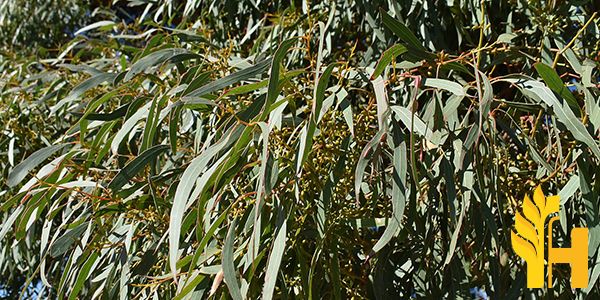Eucalyptus price

Where to buy and sell Eucalyptus, lowest (cheapest) and highest price.
check offers buy sell EucalyptusToday price for EucalyptusEucalyptus wholesale prices 2022
The Current commodity price of Eucalyptus per kg, pound in the world in the global markets
Eucalyptus
Eucalyptus trees are tall evergreen trees that grow in an alternate pattern on long, slender, oval-shaped branches. The leaves are long, averaging 7-10 centimeters in length, and taper to a point. Each leaf has an oil gland on the lower surface (underside) of the leaf that can be observed with the naked eye. Eucalyptus trees are native to Australia but also grow in other areas around the world including North America, South America, Africa, and Asia.Eucalyptus oil is derived from eucalyptus leaves, which are harvested for this purpose. Eucalyptus trees can be harvested in different ways depending on the desired outcome. For example, in some cases, the entire tree is cut down to extract the oil out of all parts of the plant while in other cases, only the leaves are harvested (called "yellow-cake" because of its appearance).
Eucalyptus oil has numerous medical and health benefits. For example, eucalyptus oil is commonly used in a variety of different products including soaps, cleansers, ointments, shampoos, and more. Eucalyptus oil has been used for hundreds of years to treat a large number of different conditions and diseases. For example, eucalyptus oil is often used in treatments for colds and cough, bronchitis, skin conditions such as acne and dermatitis, sore muscles, sinus congestion from infections or allergies, constipation, and sinusitis.
Eucalyptus oil is sometimes used as a pesticide to treat head lice, scabies, mosquitoes, and other insects. It can also be added to water or applied topically for an insect-repellant effect. Additionally, eucalyptus oil has been shown to fight bacterial infections in the mouth.
Eucalyptus leaves also have a long history of being used as a food source for termites, which help distribute eucalyptus seeds.Eucalyptus oil is derived from the leaves of Eucalyptus trees and has been shown to have a wide range of health benefits. Eucalyptus oil has been used for hundreds of years to treat a variety of health conditions and illnesses. Eucalyptus leaves have a long history as a food source for termites, which helps distribute eucalyptus seeds.
Global eucalyptus production
Eucalyptus is a genus of trees that are native to Australia and Indonesia. There are over 700 species of eucalyptus, and they are among the most widely cultivated plants in the world. Eucalyptus trees are grown for their timber, pulpwood, and charcoal. The majority of global production comes from Australia, where there are over 600 species of eucalyptus. The country has an estimated pulpwood production of 17 million cubic meters and a total timber production of 56.4 million cubic meters. Indonesia is the second largest producer of eucalyptus, with over 100 species of the tree native to the country. Indonesia has an estimated pulpwood production of 4.5 million cubic meters and a total timber production of 9.3 million cubic meters. Brazil is the third largest producer of eucalyptus, with 35 species of the tree native to the country. Brazil has an estimated pulpwood production of 2.8 million cubic meters and a total timber production of 10.4 million cubic meters. Eucalyptus trees are also grown in the southern United States, South Africa, China, India, and Spain.Download our new
Husfarm App
Stay up to date with the current prieces of agricultural products all over the world.
Do you want to sell agricultural products?
Are you an Agricultural processor looking for high-quality products to buy?
Post an ad for FREE!
